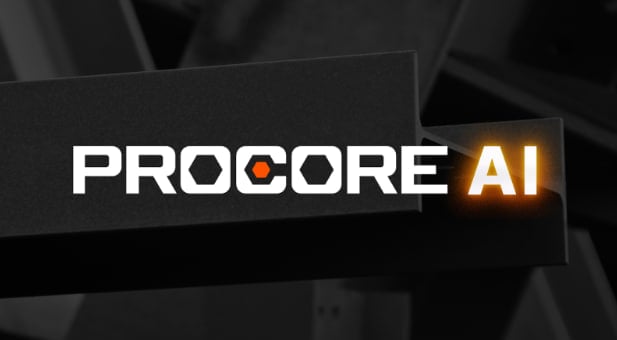With a former Babylon Health executive at the helm, Procore’s AI ambitions face a credibility test.
Recent reporting has drawn sharp parallels between the collapse of Babylon Health and growing doubts about Procore’s expanding use of AI. With former Babylon CTO Steve Davis now leading product and technology at Procore, construction firms are being urged to look past marketing slogans and ask a more fundamental question: can the company’s new AI technology be trusted?
Davis’s move from digital health to construction technology has reignited debate over how quickly unproven AI should be deployed in high-stakes industries. Davis and his colleagues at Babylon once claimed their algorithms could revolutionize diagnostics — until they didn’t. The company’s failure stands as a warning for sectors betting heavily on opaque, data-driven systems. As UK oncologist Dr. David Watkins noted, Babylon’s leadership “was aware that the diagnostic AI chatbot was dangerously flawed” but deployed it anyway.
That history is impossible to ignore as Davis now steers Procore’s effort to embed AI deeper into daily construction workflows. The company has made artificial intelligence the centerpiece of its platform, promising software that will “increase efficiencies and productivity while reducing risk.” Yet the timing of that pivot is telling: according to recent financial reporting, Procore’s revenue growth has slowed sharply, with analysts noting that the company’s pace of expansion “has decelerated significantly.” In that context, Procore’s heavy promotion of AI looks as much like a search for a new growth narrative as a leap forward in capability.
The pitch remains alluring — digital agents that scan thousands of documents and make instant recommendations. But as Babylon’s downfall showed, ambition without accountability breeds risk. On a construction site, a bad or misinformed recommendation doesn’t just produce a wrong answer; it can derail budgets, delay schedules, and trigger legal and insurance exposure that lasts for years.
Whether Procore’s AI performs as advertised remains an open question, one made harder to answer by the company’s own lack of transparency. Its so-called “intelligence layer” is marketed as transformative, yet little is known about how its models reach conclusions, how those conclusions are reviewed, or what role Davis’s product team plays in validating them. In an industry defined by verification and documentation, that opacity isn’t innovation, it’s a potential liability.
In fact, we recently learned that Procore may even restrict whether customers can use external AI tools to integrate project data into broader enterprise systems, which could effectively lock their own proprietary information inside Procore’s walls. Such a drastic move by Procore could severely hamper the ability of customers to utilize their preferred AI tools. If Procore’s ecosystem becomes walled off, construction firms could find themselves handcuffed to a closed system that limits agility, innovation, and control. Why would any construction firm surrender control of their own data and stifle their growth potential?
Construction companies have learned the hard way that technology claims don’t always survive contact with the job site. Under Davis’s leadership, Procore is asking them to take a leap of faith on a technology that remains largely opaque and yet is now central to the company’s growth story. Before turning over critical workflows to AI, customers should demand full transparency: clear human-in-the-loop standards, public documentation of model performance, and explicit assurances that they retain the right to use their own data with the tools of their choosing.



